5 Visninger· 01/25/23· Nyheder & Politik
Pfizer CEO CONFRONTED At WEF In Davos, Asked When He Knew Vax Wouldn’t ‘Stop The Spread’
Batya Ungar-Sargon and Robby Soave react to questioning of Pfizer CEO Albert Bourla at the World Economic Forum regarding vaccine effectiveness.
#Pfizer #CovidAccording to the CDC, all COVID-19 vaccines currently available in the United States are effective at preventing COVID-19. Getting sick with COVID-19 can offer some protection from future illness, sometimes called “natural immunity,” but the level of protection people get from having COVID-19 may vary depending on how mild or severe their illness was, the time since their infection, and their age. Getting a COVID-19 vaccination is also a safer way to build protection than getting sick with COVID-19. COVID-19 vaccination helps protect you by creating an antibody response without you having to experience sickness. Getting vaccinated yourself may also protect people around you, particularly people at increased risk for severe illness from COVID-19. Getting sick with COVID-19 can cause severe illness or death, and we can’t reliably predict who will have mild or severe illness. If you get sick, you can spread COVID-19 to others. You can also continue to have long-term health issues after COVID-19 infection.While COVID-19 vaccines are effective, studies have shown some declines in vaccine effectiveness against infections over time, especially when the Delta variant was circulating widely.The mRNA vaccines do not contain any live virus. Instead, they work by teaching our cells to make a harmless piece of a “spike protein,” which is found on the surface of the virus that causes COVID-19. After making the protein piece, cells display it on their surface. Our immune system then recognizes that it does not belong there and responds to get rid of it. When an immune response begins, antibodies are produced, creating the same response that happens in a natural infection.In contrast to mRNA vaccines, many other vaccines use a piece of, or weakened version of, the germ that the vaccine protects against. This is how the measles and flu vaccines work. When a weakened or small part of the virus is introduced to your body, you make antibodies to help protect against future infection.Everyone ages 18 and older should get a booster shot either 6 months after their initial Pfizer or Moderna series, or 2 months after their initial Johnson & Johnson’s Janssen vaccine. People ages 16–17 may get a booster dose of Pfizer at least 6 months after their initial series of vaccines.The CDC says A person is fully vaccinated two weeks after receiving all recommended doses in the primary series of their COVID-19 vaccination. A person is up to date with their COVID-19 vaccination if they have received all recommended doses in the primary series and one booster when eligible.Getting a second booster is not necessary to be considered up to date at this time. A study by The Cleveland Clinic found that both previous infection and vaccination provide substantial protection against COVID-19. Vaccination of previously infected individuals does not provide additional protection against COVID-19 for several months, but after that provides significant protection at least against symptomatic COVID-19.About Rising: Rising is a weekday morning show with bipartisan hosts that breaks the mold of morning TV by taking viewers inside the halls of Washington power like never before. The show leans into the day's political cycle with cutting edge analysis from DC insiders who can predict what is going to happen. It also sets the day's political agenda by breaking exclusive news with a team of scoop-driven reporters and demanding answers during interviews with the country's most important political newsmakers. Follow Rising on social media:Website: Hill.TVFacebook: facebook.com/HillTVLive/Instagram: @HillTVLiveTwitter: @HillTVLive
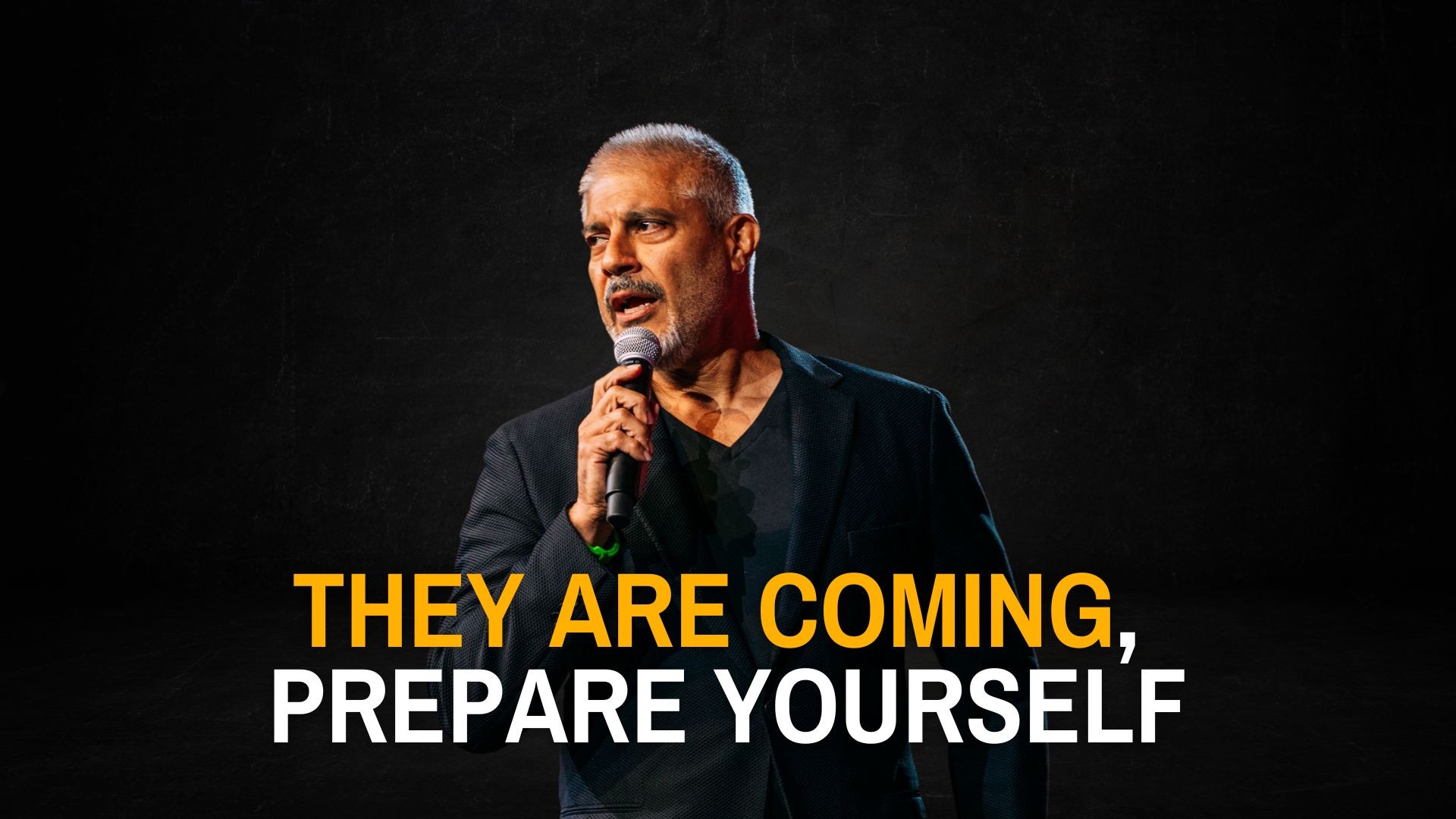
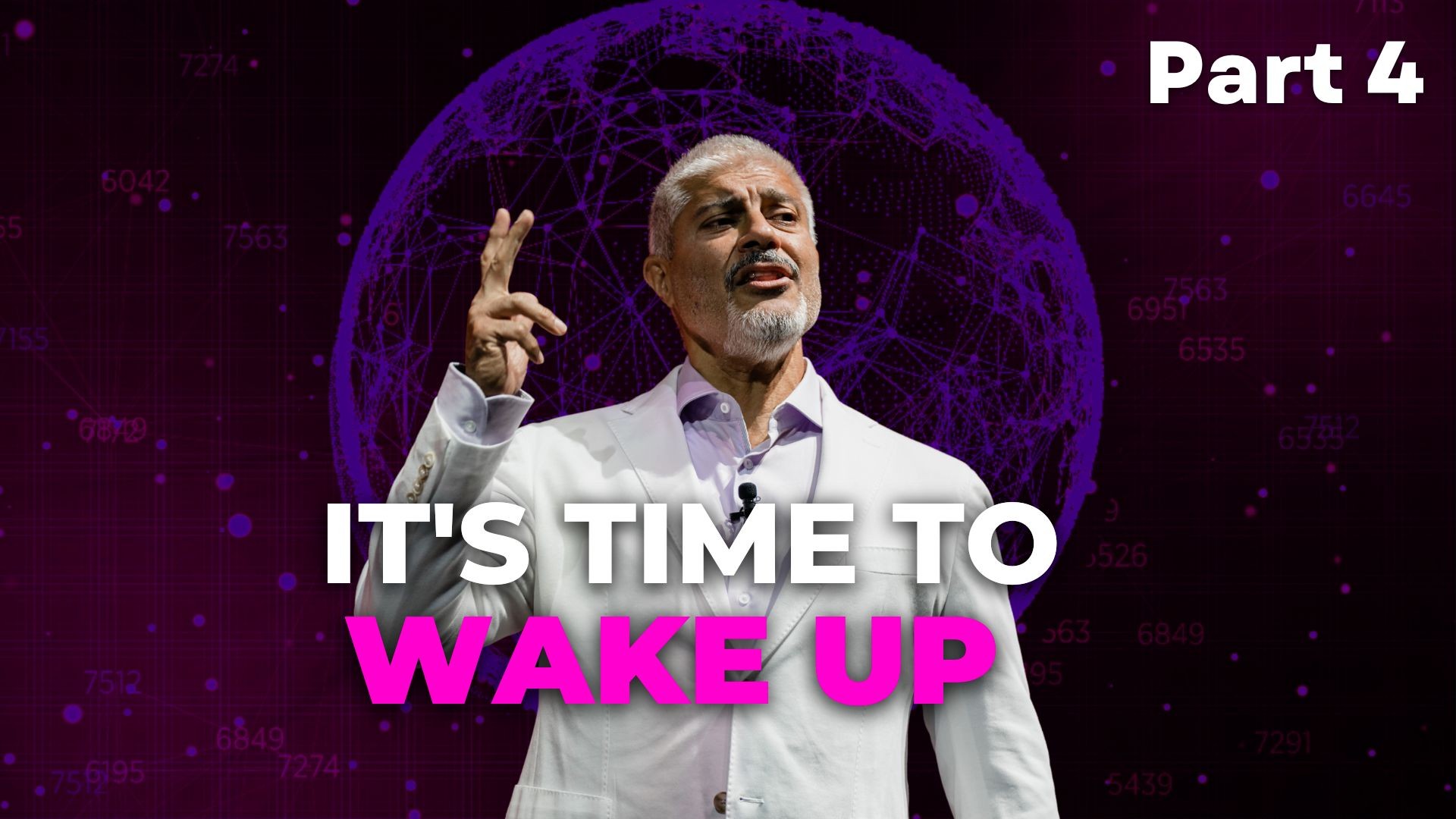
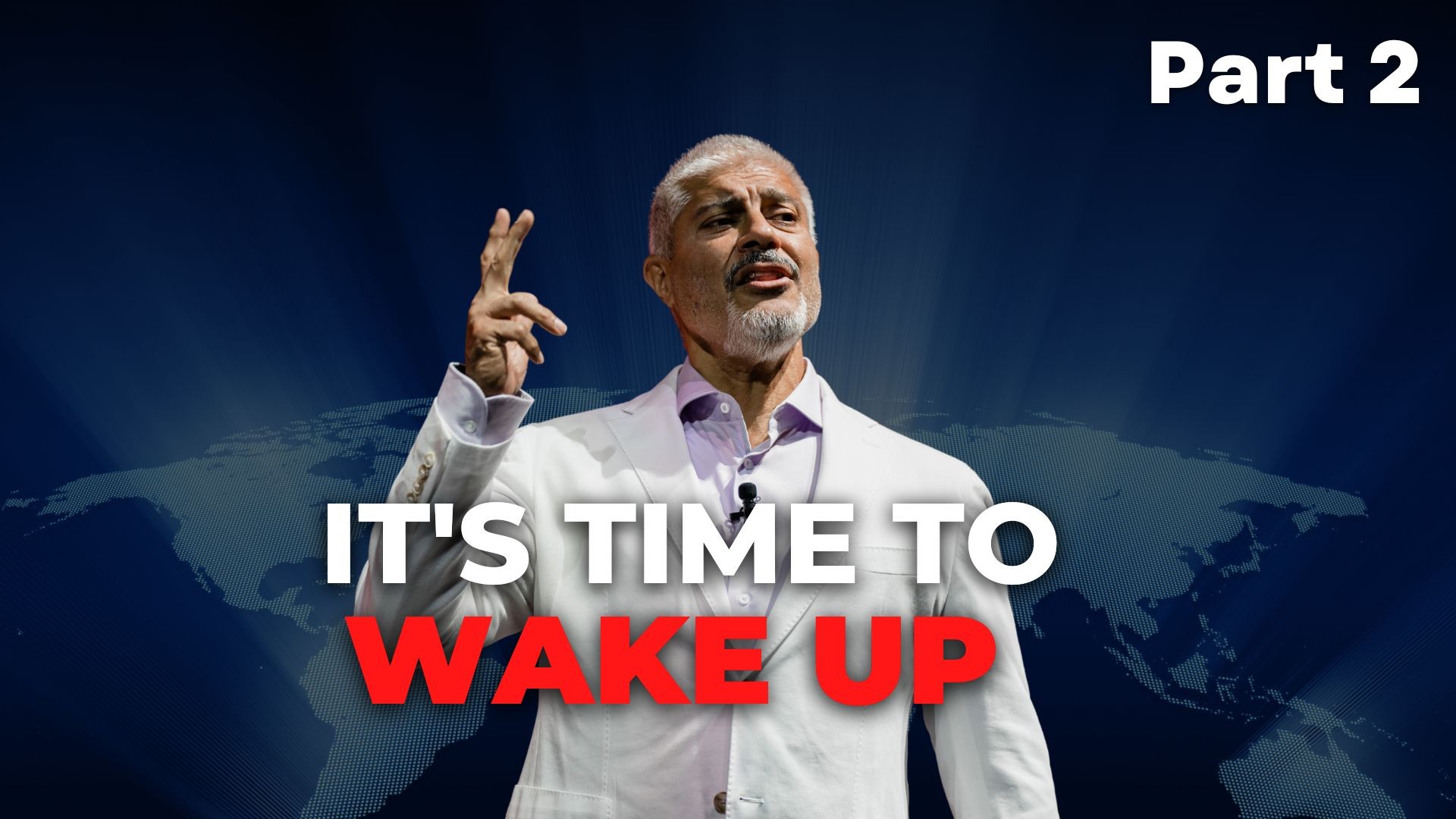
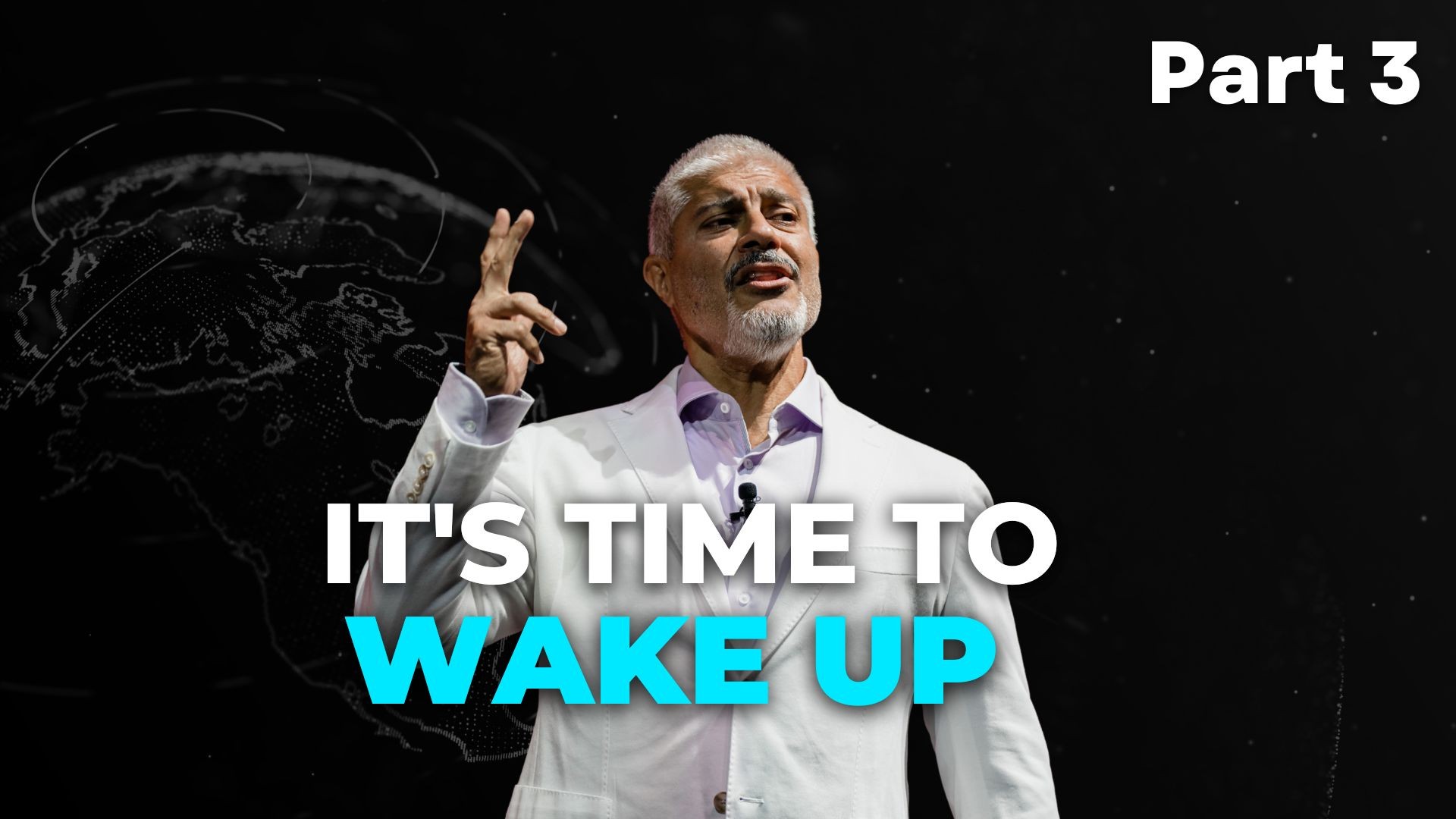

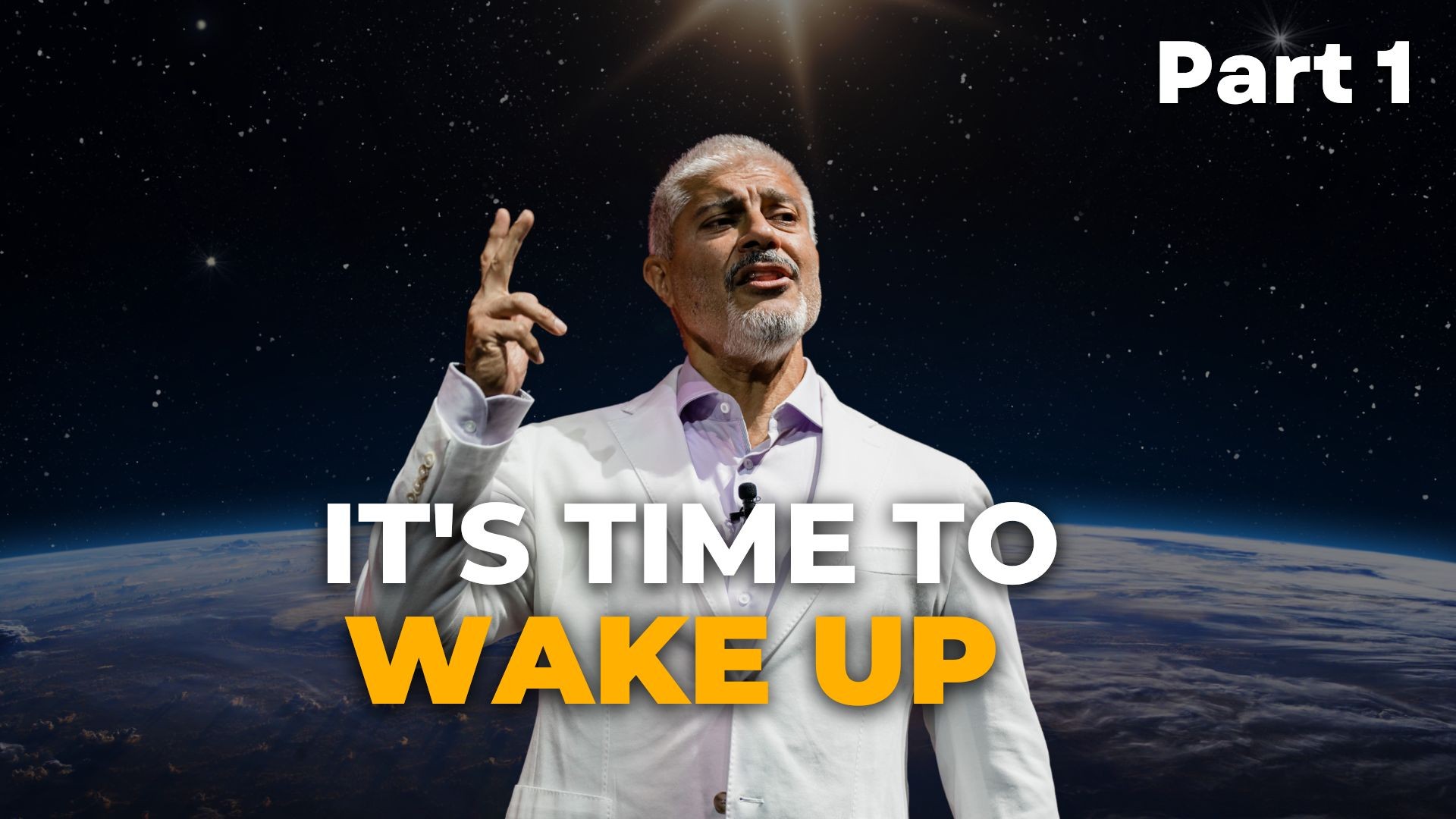
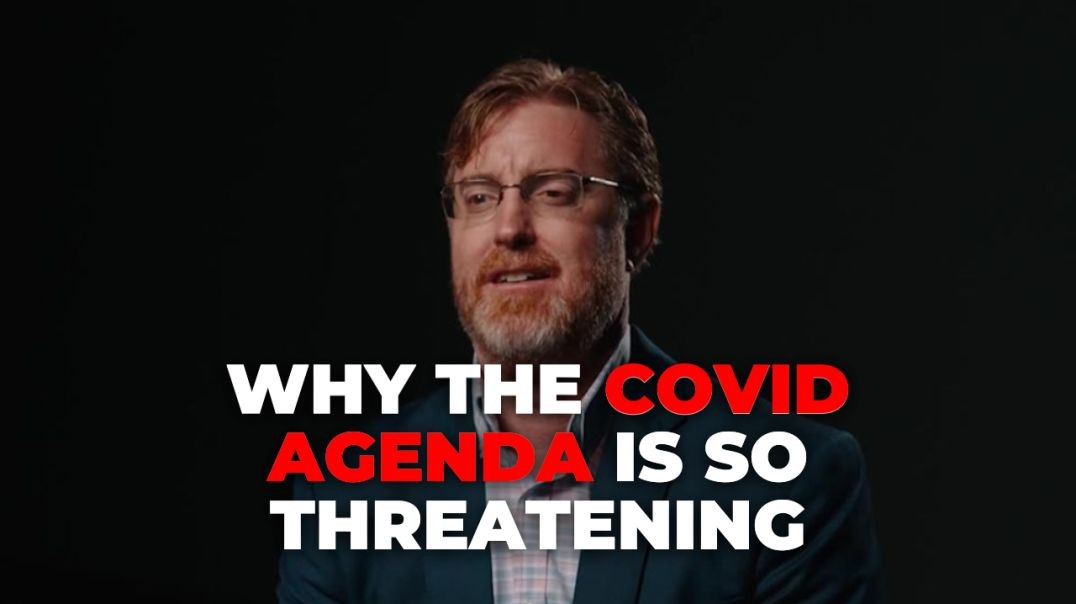
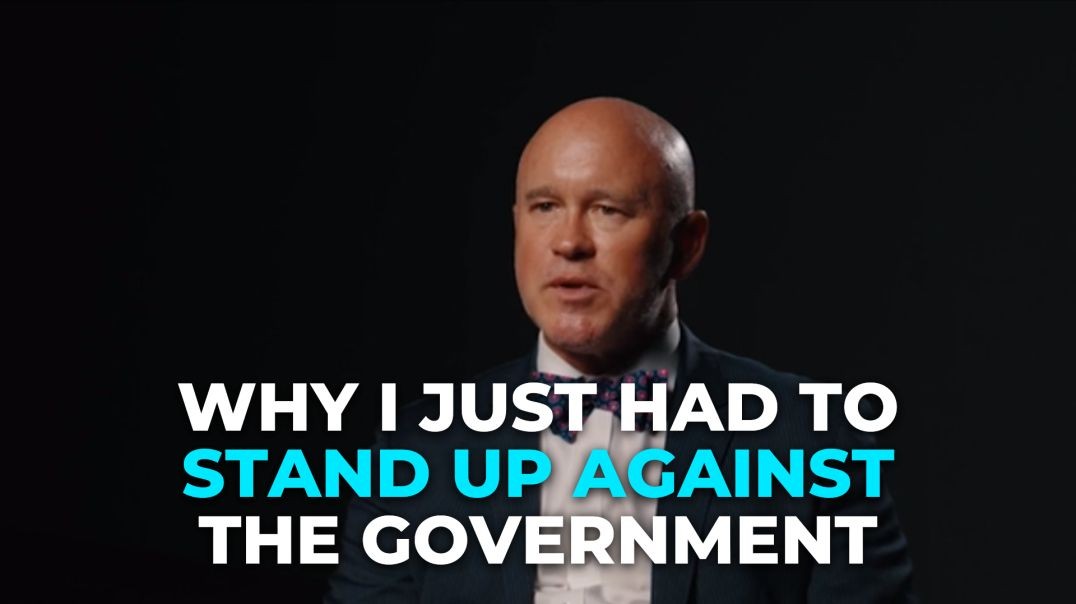
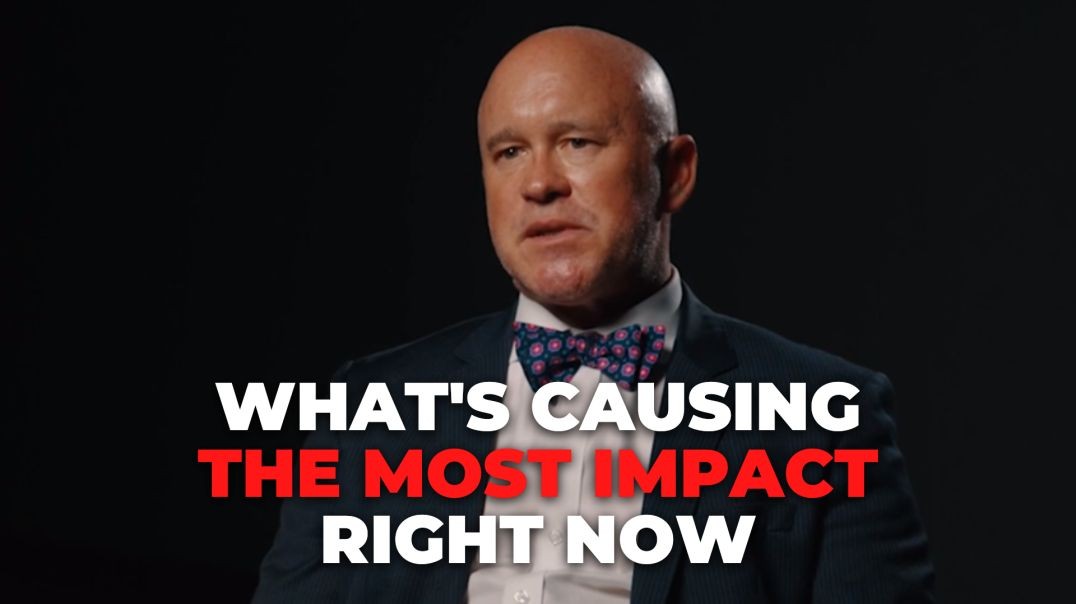
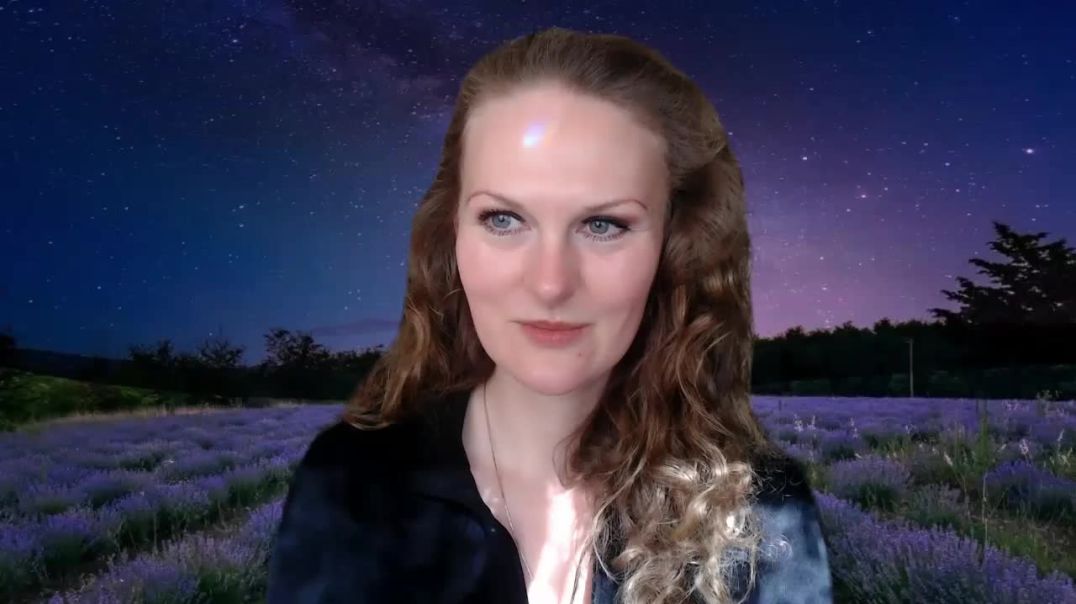
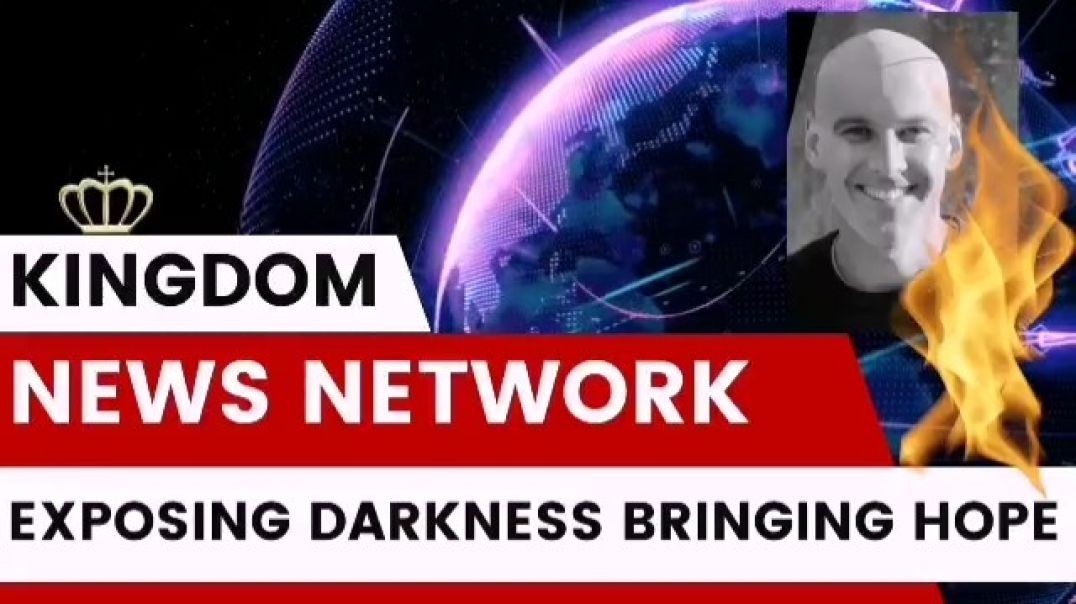
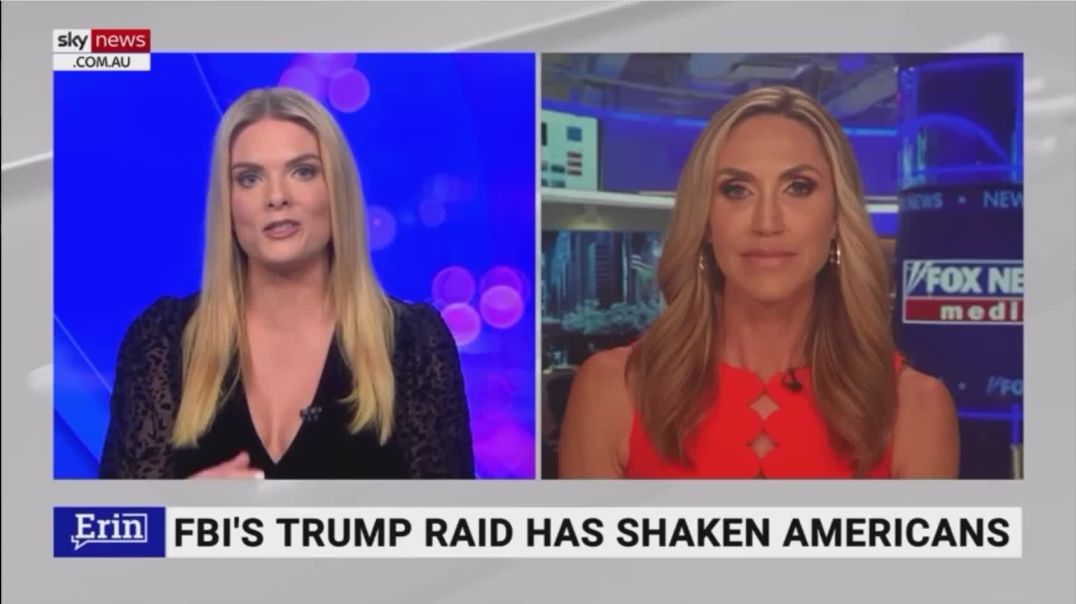
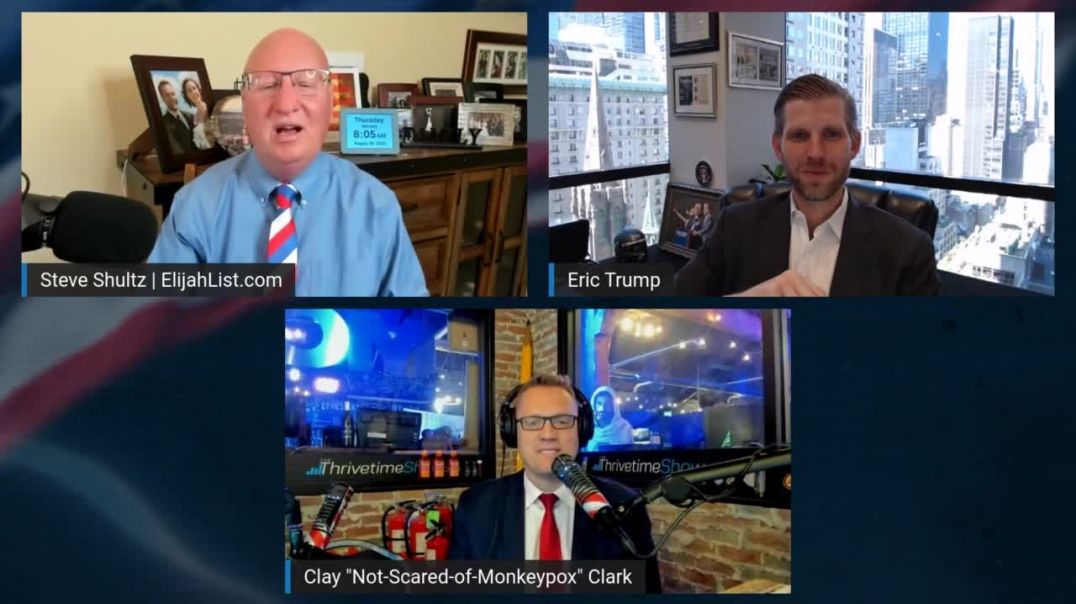
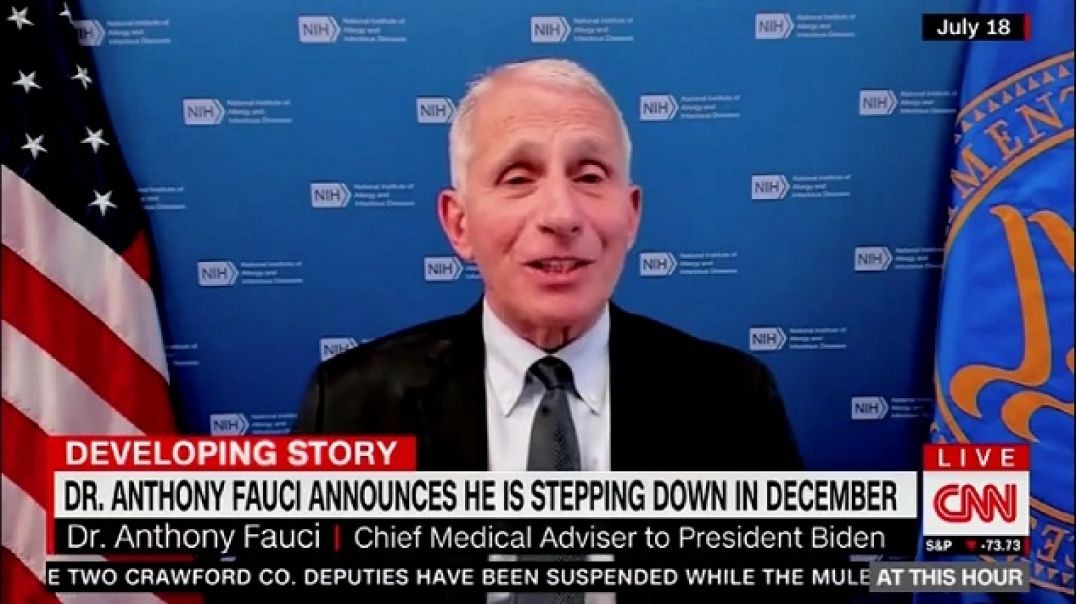
![Frank Speech released "[S]election.code"...](https://clikview.com/upload/photos/2022/08/CiMBJ5YT8DiO7IM4ORZe_23_23e17f7cab59d720c0985f22de8025aa_image.png)
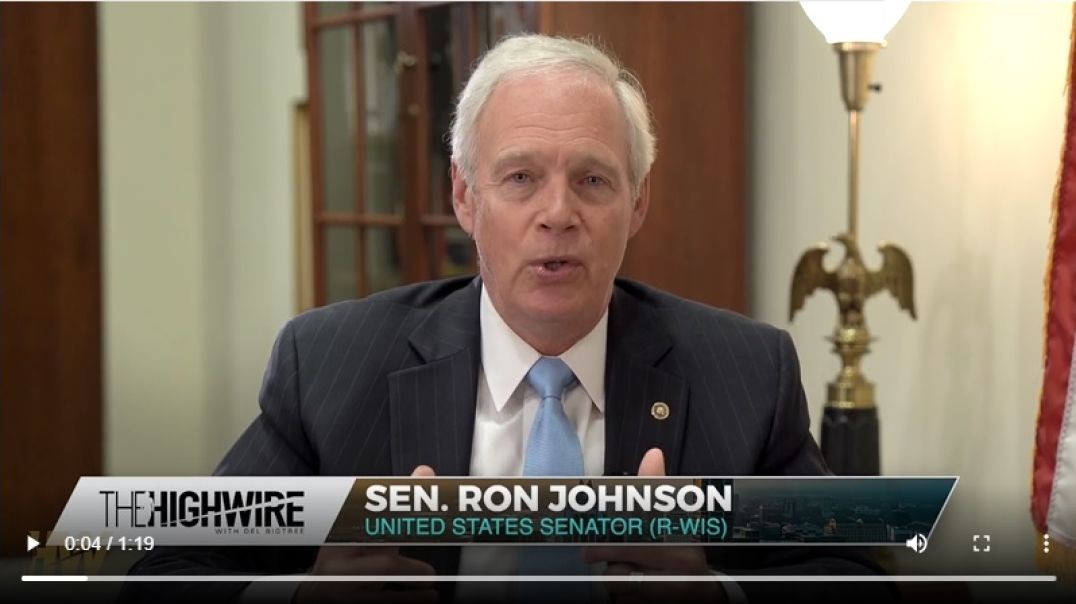
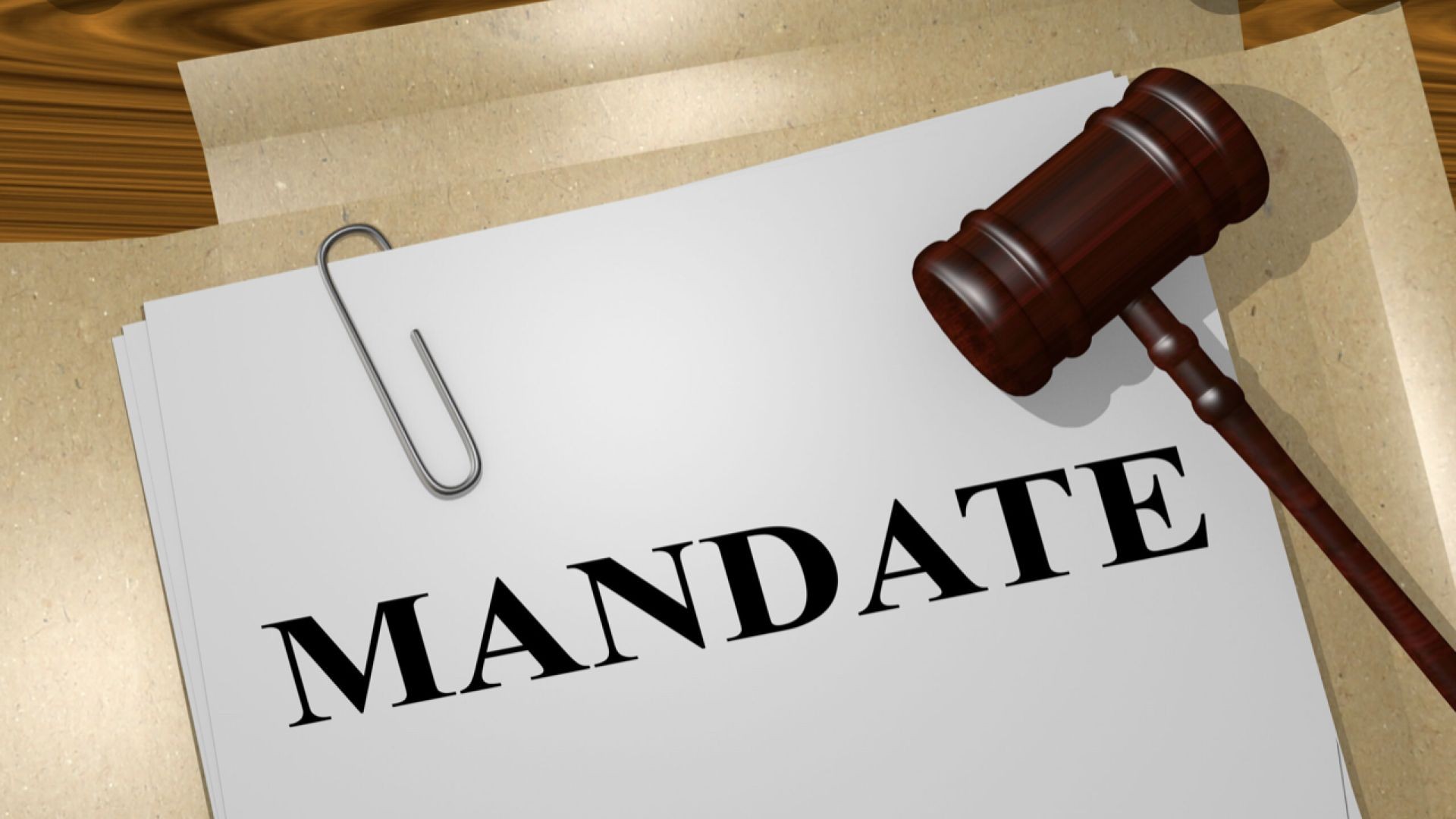
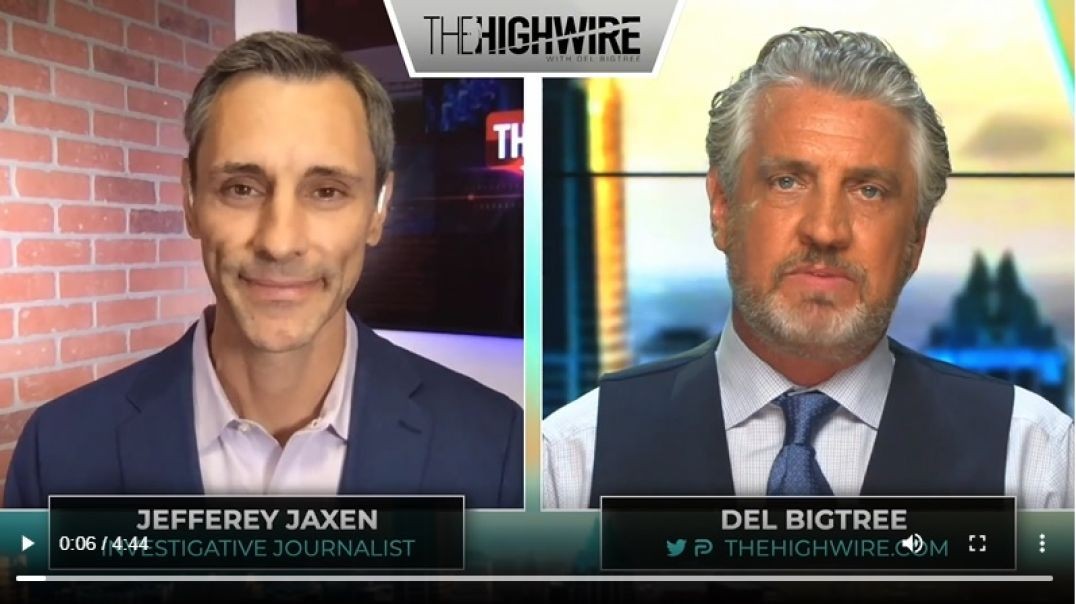
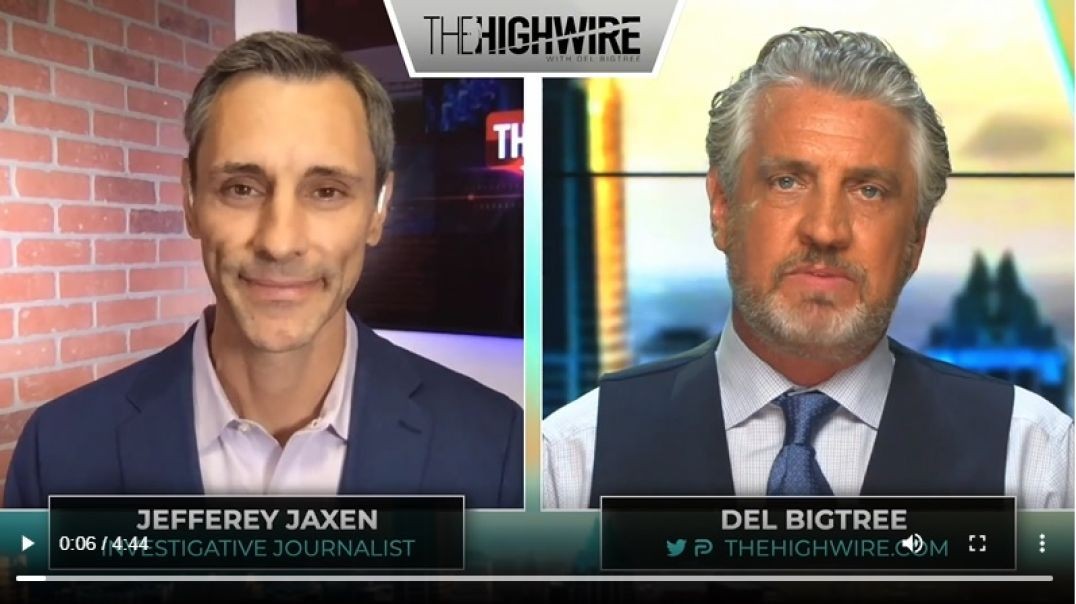
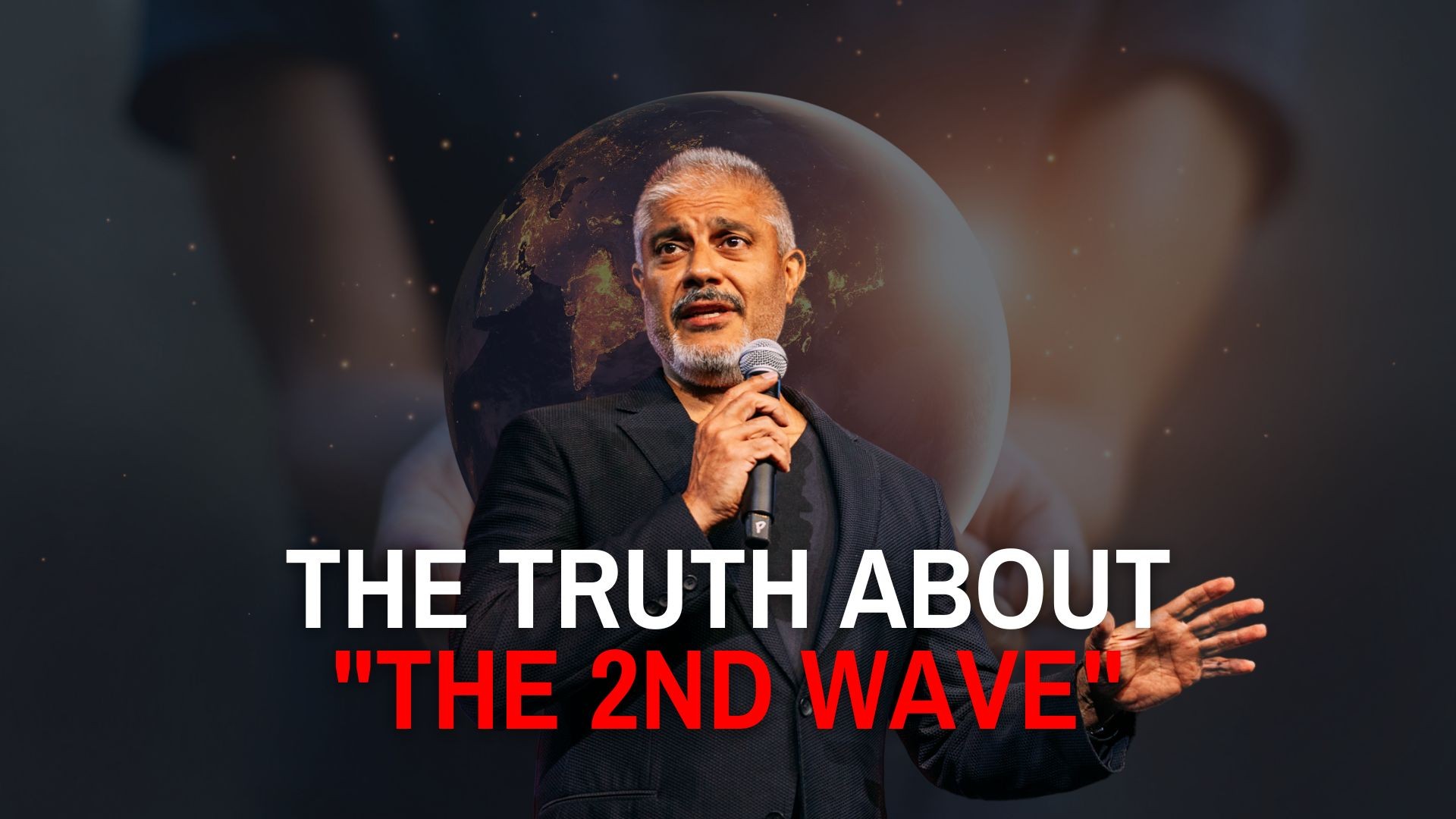
0 Kommentarer